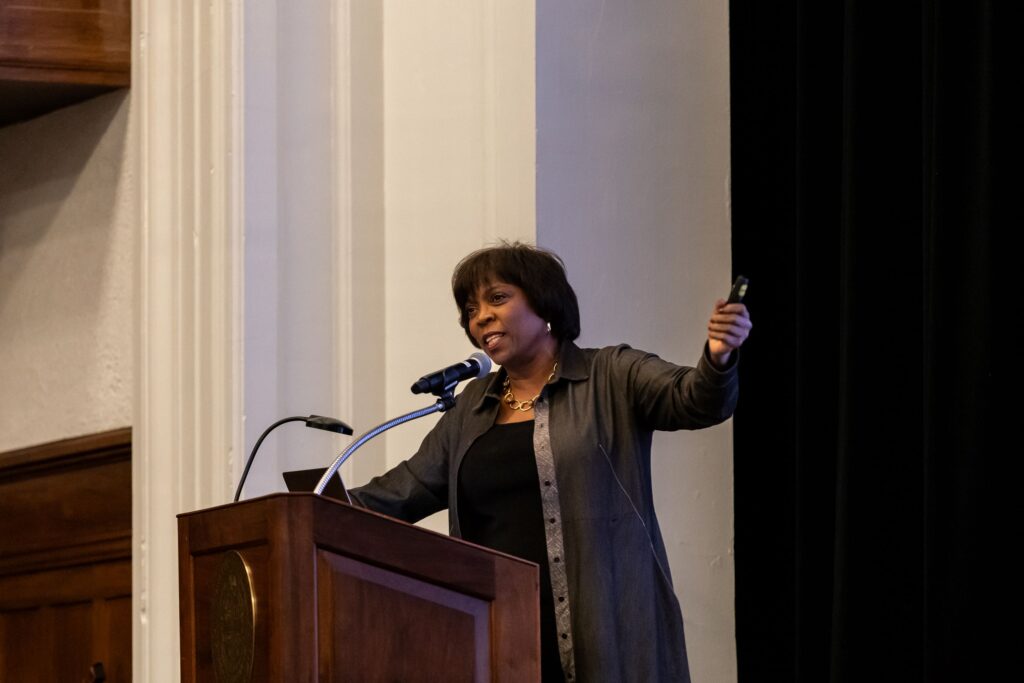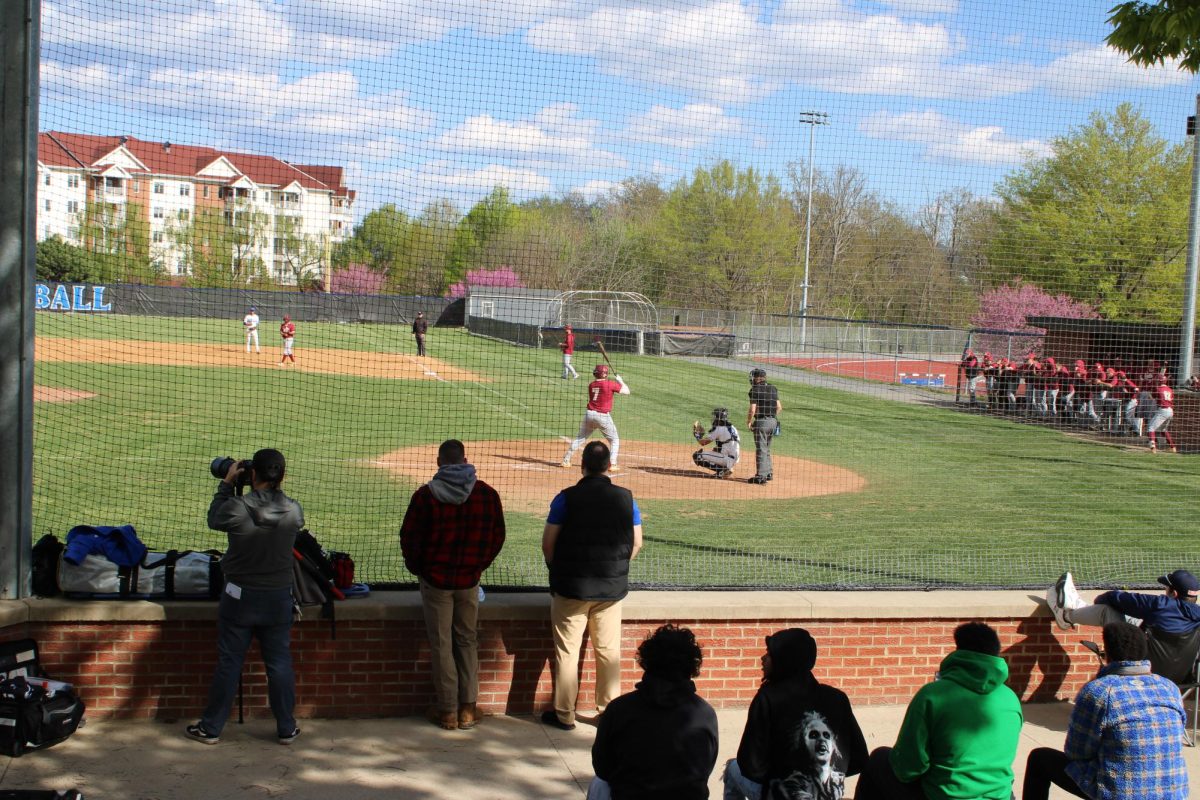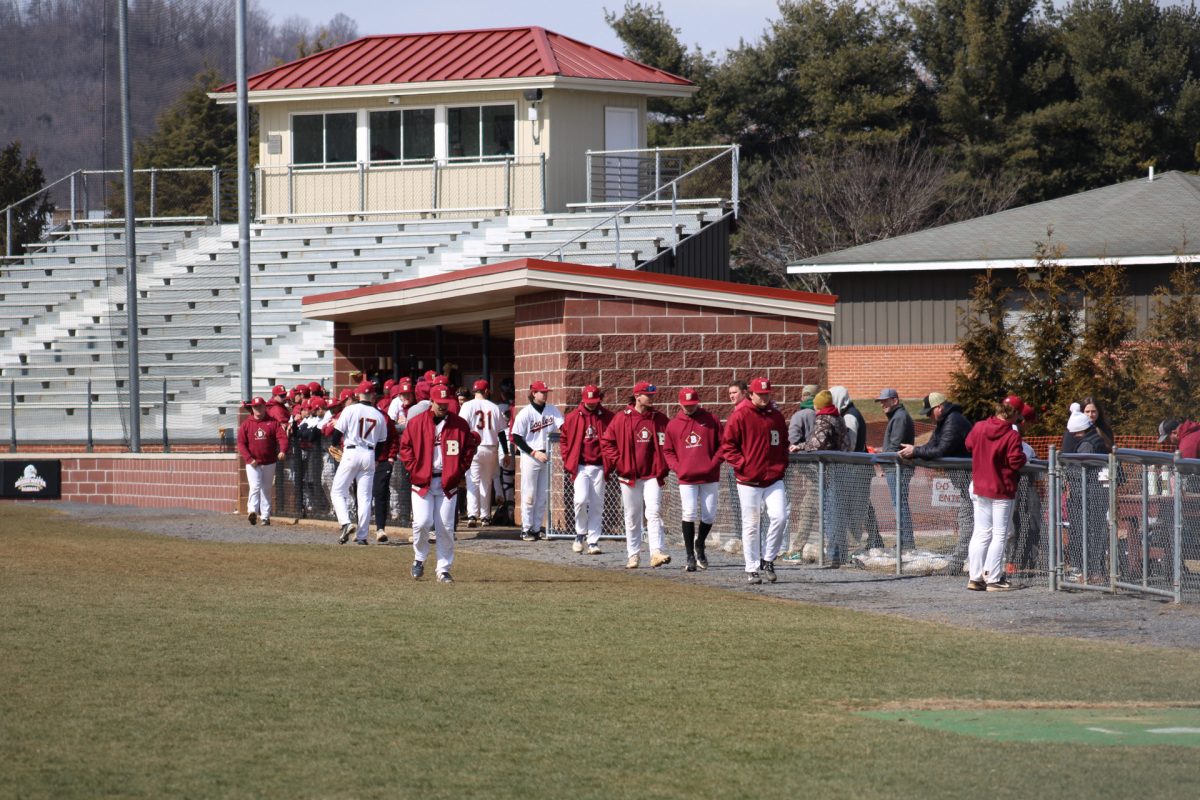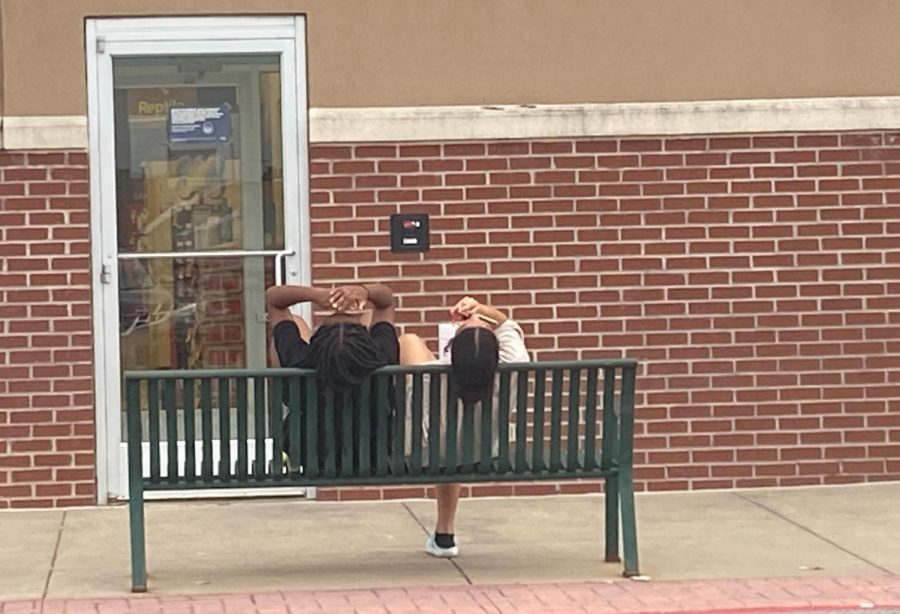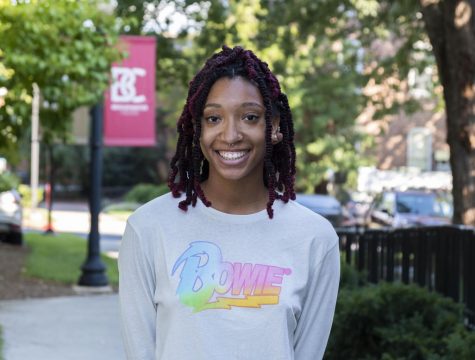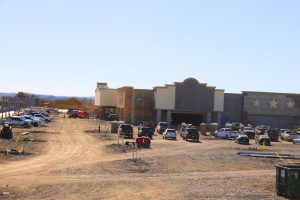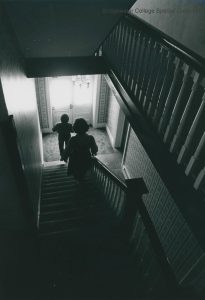Empowering the Voiceless
Student voices matter. Having an inclusive and diverse environment, allows wider perspectives to be integrated into the Bridgewater community.
September 21, 2021
Bridgewater, Va. – This fall births new beginnings. It is a new year, a new semester and a time to get readjusted back into our pre-COVID-19 routine.
I originally came to BC with two main goals: graduating with honors and playing collegiate level sports. However, one of those goals was shattered in the spring semester of my junior year.
For three years at BC, I felt that I was underappreciated and treated as a diversity quota as a Black woman playing on a predominately white team. As power comes into play with biases and a lack of diversity within the BC community and staff, this was my first time ever experiencing microaggression and being put in an inequitable space.
Individuals use their voices on a daily basis to communicate with others, but voice has a much broader meaning. Individuals with a voice gain authority and influence, as well as a way to communicate their opinions. But what happens when that voice is not articulated in the ‘usual’ way? What happens when people who look like me are marginalized and silenced?
“There is evidence that campus cultures at PWIs [predominately white institutions] can be problematic for students of color, because these cultures can convey messages of unimportance, devaluation and exclusion to those students,” explains Noel Harmon, a student from the University of Iowa. “Blacks consistently reported more racial-ethic conflicts on campus, pressure to conform to stereotypes and less equitable treatment by faculty, staff and teaching assistants.”
With the emotional, physical and mental impact COVID-19 has imprinted on our society, I felt I had no one to turn to and was unable to talk to coaches in fear of repercussions. BC prides itself for its counseling services and resources and does a phenomenal job assisting students; however, I did not understand the magnitude of talking to a trained individual about racial bias, because no one in the office looked like me.
The first letter I wrote addressing my experiences of treatment was sent out in the summer of 2020, going into my junior year. I expected an immediate response on my behalf and wanted to talk to someone to find a safe space within. After not receiving a response, I became discouraged and did not continue to follow through, believing that silence and moving through the motions would be my best bet.
However, unknowingly, there was no Associate Dean of Students for Diversity and Inclusion working at the college at that time of my initial request.
In January of 2021, Manuela Gabriel was hired by the college as the new associate dean of students for diversity and inclusion. Gabriel later contacted me in April to discuss my complaints.
After talking with Gabriel, I was given the opportunity to speak my mind, free of judgment. Gabriel listened, offered support and explained to me her plan of action for BC.
Unfortunately, Gabriel is no longer working at BC and the college is currently interviewing for a new dean.
As I approach my final year at Bridgewater College, I will no longer shy away from my voice. I will find myself again approaching this school year in a new light. No student should ever feel that their feelings are negated, disregarded and invalid by those put in charge.
Understanding what to say and how to say it is only part of the equation; knowing when to communicate and use your voice is crucial. We are sometimes frightened of offending or criticizing someone if we speak up, thus encouraging the reality of being silent.
Silence, like talking, is an active form of communication. If you speak up, the worst-case situation is that someone will disagree, but at least the issue will be brought to light and an active decision can be made.
I am not perfect, I am young, and I will make mistakes, but I will own up to my mistakes and use my voice as an advocate for myself as well as for any student at Bridgewater College who feels they are unable to connect to the BC community.
Our voice will speak against stereotypes. Our voice will reclaim strength within the community. Our voice will be heard.
This fall births new beginnings. It is a new year, a new semester and a time to make use of our voice to invoke a change.


